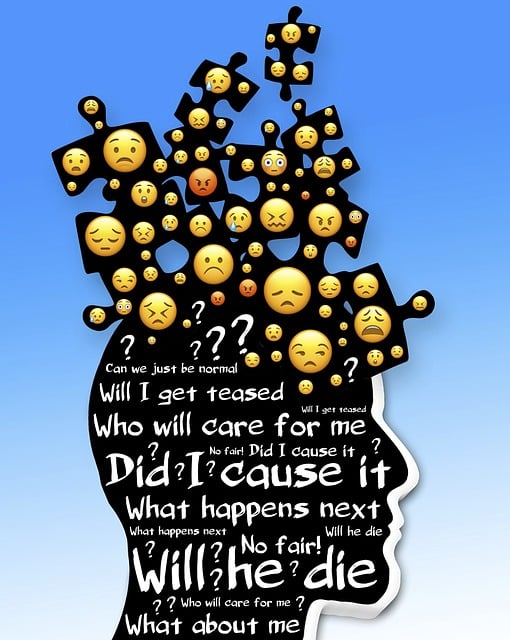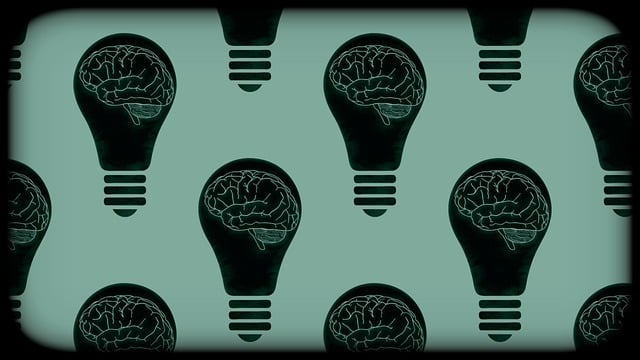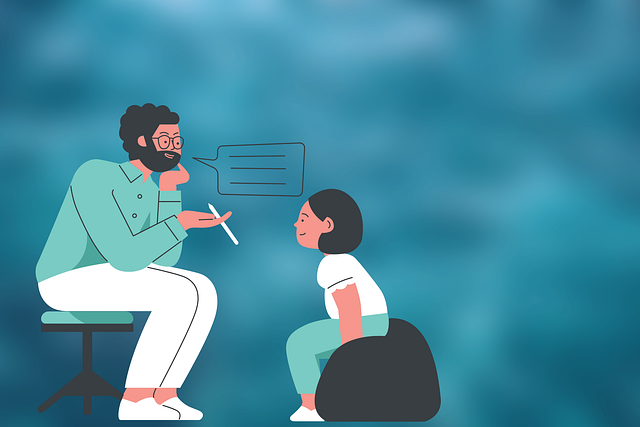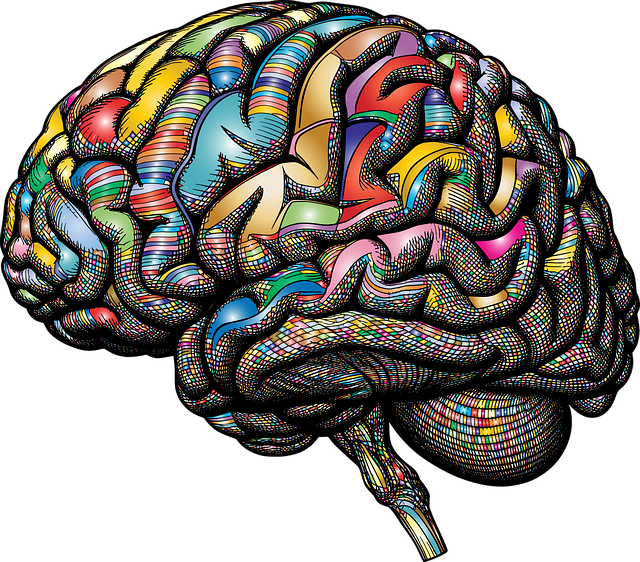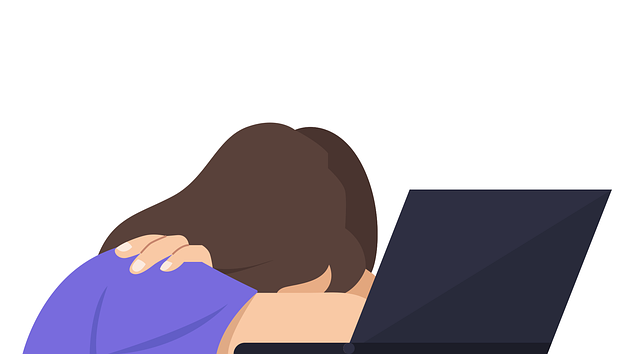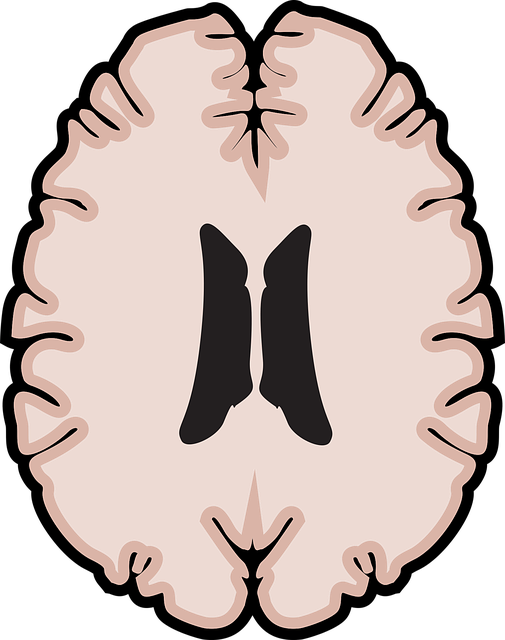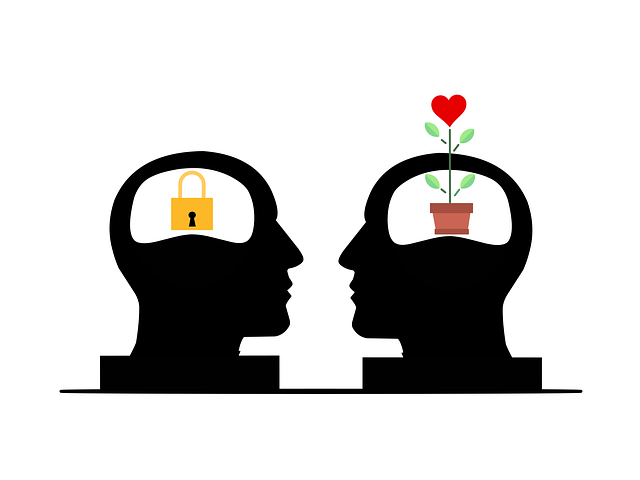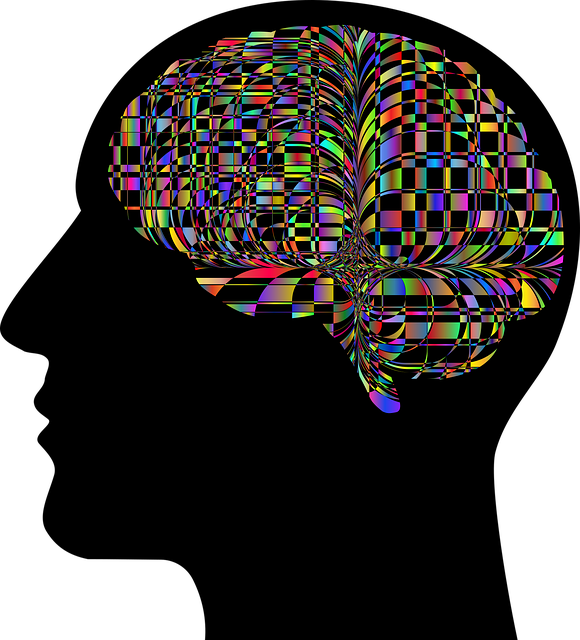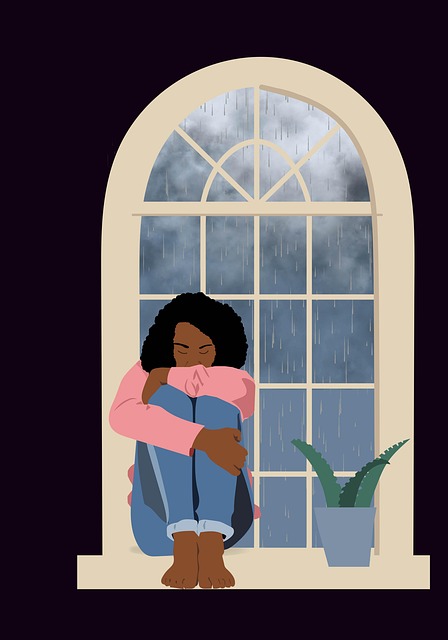Mental wellness apps are gaining traction as digital solutions for emotional support in a fast-paced world, addressing issues from stress management to addiction recovery. By integrating evidence-based therapy techniques like CBT from centers like Wheat Ridge Drug Abuse-Substance Abuse Therapy, these apps offer personalized content, such as mindfulness exercises and conflict resolution skills, to promote self-care and prevent mental health crises. Features including group support forums and education programs enhance their effectiveness in fostering overall well-being.
In today’s fast-paced world, mental wellness app development has become a crucial tool for promoting psychological health. With increasing demand for accessible and affordable therapy, apps offer a game-changing approach to support individuals dealing with stress, anxiety, or even substance abuse issues like those addressed by Wheat Ridge Drug Abuse-Substance Abuse Therapy. This article explores the growing necessity of such applications, delves into essential features, and highlights effective therapy techniques that can be seamlessly integrated for optimal user benefits.
- Understanding the Need for Mental Wellness Apps
- Key Features and Functionality in App Development
- Integrating Effective Therapy Techniques within the App
Understanding the Need for Mental Wellness Apps

In today’s fast-paced world, mental wellness is a critical aspect often overlooked amidst the hustle and bustle of daily life. This is where Mental Wellness Apps step in as game-changers, providing accessible support and resources for individuals seeking emotional healing processes. With increasing public awareness campaigns development and a growing understanding of mental health issues, there’s a rising demand for innovative solutions like these apps. They offer discreet, personalized assistance, catering to diverse needs from stress management to substance abuse therapy, much like Wheat Ridge Drug Abuse-Substance Abuse Therapy centers.
Mental Health Education Programs Design within these apps can empower users with knowledge and coping mechanisms, fostering a sense of self-care. By integrating interactive features and engaging content, they create an immersive experience that encourages regular use, potentially preventing or mitigating issues before they escalate. This proactive approach aligns with the broader goal of promoting mental wellness on a global scale, much like Public Awareness Campaigns Development initiatives.
Key Features and Functionality in App Development

In today’s digital age, mental wellness apps are becoming increasingly popular as tools to support individuals navigating various challenges related to their mental health. When developing such applications, focusing on key features that cater to a holistic approach is essential. One prominent aspect is incorporating Wheat Ridge Drug Abuse-Substance Abuse Therapy methods within the app, providing users with accessible resources for addiction recovery and prevention. Additionally, integrating conflict resolution techniques can equip users with healthy coping strategies to manage interpersonal issues.
Another vital functionality centers on promoting self-care routine development for better mental health. Apps can offer personalized recommendations for exercise, meditation, or journaling, encouraging users to prioritize their well-being. Moreover, features aimed at burnout prevention should be explored, such as setting boundaries and prioritizing tasks efficiently. These functionalities collectively contribute to creating a comprehensive digital environment that fosters improved mental wellness.
Integrating Effective Therapy Techniques within the App

When developing a mental wellness app, integrating effective therapy techniques is paramount to ensuring its success and impact. Incorporating evidence-based practices like those offered by Wheat Ridge Drug Abuse-Substance Abuse Therapy can significantly enhance users’ experiences. For instance, incorporating cognitive-behavioral therapy (CBT) modules within the app allows users to learn and practice skills for managing stress, anxiety, and depression. These digital interventions should also include features tailored for specific mental health challenges, such as mindfulness exercises for anxiety or conflict resolution techniques for improving interpersonal relationships.
Beyond individual therapy sessions, apps can facilitate group support through online forums or peer-to-peer mentoring, fostering a sense of community that boosts confidence and encourages accountability. Additionally, integrating Mental Health Education Programs Design into the app’s curriculum empowers users with knowledge about mental health, promoting self-care and early intervention. By combining these therapeutic elements, mental wellness apps can offer comprehensive care, making them valuable tools for improving users’ overall well-being.
Mental wellness apps have become crucial tools in addressing the growing need for accessible and personalized support. By integrating evidence-based therapy techniques, such as those offered by Wheat Ridge Drug Abuse-Substance Abuse Therapy, these applications can effectively reach a wide audience. Key features like customizable coping mechanisms, mood tracking, and peer support groups enhance user engagement, making mental wellness management more inclusive and efficient. As the digital landscape evolves, app developers have an opportunity to revolutionize mental healthcare, ensuring that support is readily available when and where it’s needed most.

